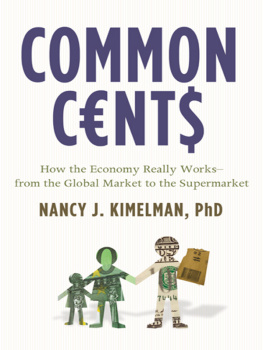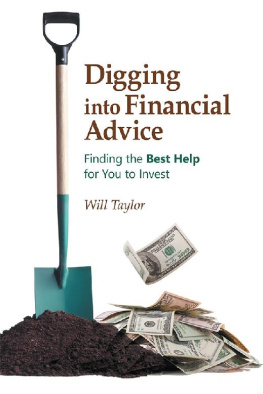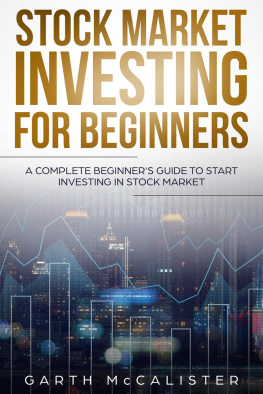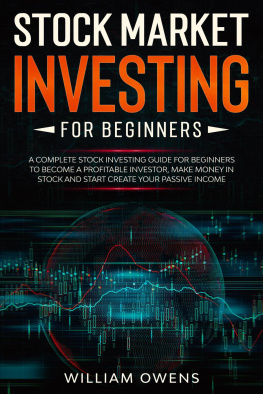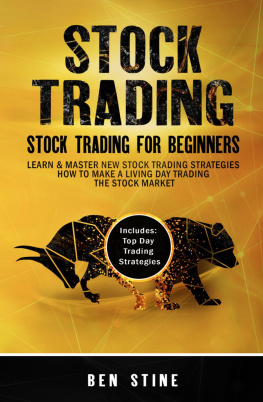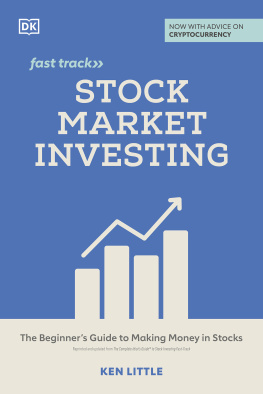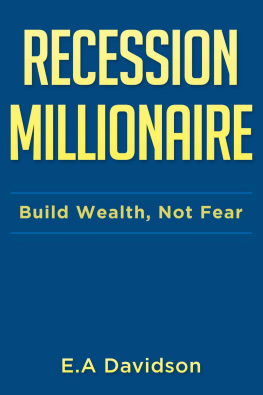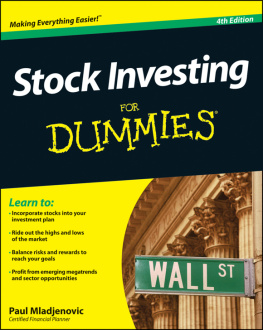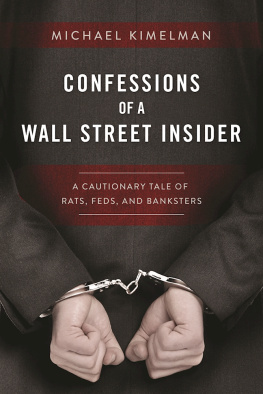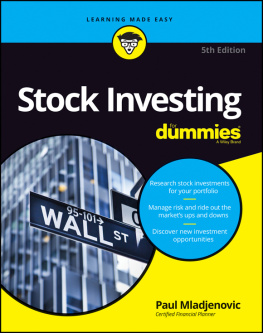COMMON
CNT$
COMMON
CNT$
How the Economy Really Works
from the Global Market to the Supermarket
NANCY J. KIMELMAN, PhD

STERLING and the distinctive Sterling logo are registered trademarks of Sterling Publishing Co., Inc.
Library of Congress Cataloging-in-Publication Data
Kimelman, Nancy J.
Common cents : how the economy really worksfrom the global market to the supermarket / Nancy J. Kimelman.
p. cm.
ISBN 978-1-4027-5256-8
1. Economics. I. Title.
HB171.K477 2008
330--dc22
2008003301
10 9 8 7 6 5 4 3 2 1
Published by Sterling Publishing Co., Inc.
387 Park Avenue South, New York, NY 10016
2008 by Nancy J. Kimelman
Distributed in Canada by Sterling Publishing
c/o Canadian Manda Group, 165 Dufferin Street
Toronto, Ontario, Canada M6K 3H6
Distributed in the United Kingdom by GMC Distribution Services
Castle Place, 166 High Street, Lewes, East Sussex, England BN7 1XU
Distributed in Australia by Capricorn Link (Australia) Pty. Ltd.
P.O. Box 704, Windsor, NSW 2756, Australia
Book design and layout: Jill Anderson
Manufactured in the United States
All rights reserved
Sterling ISBN 978-1-4027-5256-8
For information about custom editions, special sales, premium and corporate purchases, please contact Sterling Special Sales Department at 800-805-5489 or .
For Jessie, Cassie and Jeff
CONTENTS

Part II: Explaining the Past, Predicting the
Future, and Tackling the Hard Problems
PREFACE
Why Play Dumb?

Heres what I dont get:
You get up each day and go to work, which means youre active in the job market.
You have a credit card, a car loan, or a mortgage, which means youre active in the credit markets.
You own your home or rent, or perhaps live in a college dorm, which means youre active in the real estate market.
You save for retirement, college expenses, or maybe nowadays a tank of gas, which means youre active in the financial markets.
You shop for things: groceries, home goods, cars, summer vacations. This means you play the role of consumer in many, many markets each and every day.
How can you do all this, lead life in the twenty-first century, without a good understanding of how markets work, and how a market economy works? Arent you scared by the gyrations in stock prices and the ups and downs of interest rates? How do you judge whether youre fairly paid or have a future in your current line of work? And how can you tell which political candidate has the better economic platform?
Or lets take the high road here. Middle East politics. Its about religion, race, and economic opportunity. The battle over immigration, which has shifted to the front burner recently, is about changes in our nations demographics, but its also about the very real fear that immigrants will take jobs away from people who were born here. Our growing reliance on all things made in China. What is that if not economics?
My point is that to live in this world of ours, you need to know more than just a smattering of economics. Now, knowing more economics may not make you richer or happier. Those are not things that I, or any other author, can legitimately promise you. But reading this book will make you better informed and considerably more comfortable wading through the decisions that fill your days, and hopefully let you sleep better at night. Which would you rather have: a better nights sleep or a million bucks? Well, me too. Id rather have the million bucks. Since thats not an option, though, my advice is that you give this book a try. After all, why play dumb if you dont have to?
What to Expect from This Book
I know that, for most people, economics is something you take in college. Or not. Preferably not. The word conjures up images of complicated graphs, high-powered math, and word problems that would make your high school algebra teacher blush. Unfortunately, all this is true. The formal study of economics does use a lot of algebra, geometry, and calculus, which is why few people actually understand economics.
Luckily, there is another way. You may not know that the early economists considered themselves philosophers. They wrote extensively about the way people lived out their lives, the way markets worked, and the reasons why some people and some societies were better off than others. These are all economic topics, but in the old days they were explained with words and logic rather than equations and graphs.
One of the secrets that we economists keep to ourselves (I may be excommunicated from the American Economics Association just for saying this) is that good economics is very close to common sense. Were you to read some of the writings of those early economists, you would shake your head in agreement with practically everything they said because it would all sound like common sense to you.
This is the key to my approach. Youll find no math in this book (except for the price on the jacket, which I hope you paid in full). You will find economic common sense to answer important questions of our day, like these: How is it that OPEC (the Organization of Petroleum Exporting Countries) exerts such influence over oil prices? Why are jobs moving overseas and what canand shouldwe do about it? Is foreign trade good or bad? How do I make the big decisions affecting my retirement or saving for my kids education? And many, many more.
Before we can tackle those questions, well have to run through some basic economic concepts, things like supply and demand, consumption and production, and government finance. Well also need to understand the basics of personal finance and learn how the financial system works. Even if you think you have a pretty good understanding of some of these concepts, I encourage you to read these chapters anyway. Not only will you learn some new stuff, but you may unlearn some things you take for granted that arent quite right (and besides, I worked hard to write these chapters!).
Once the basic skills have been covered, were free to explore the issues that make the front page of the newspaper every day and affect your life very directly. So, sit back, get comfortable, and open your mind to the possibilities of seeing life from a different perspectivethat of a somewhat irreverent, maybe occasionally witty, but experienced economist whos been on the front lines, lived through the wars, and is ready to spill the beans on all shes learned.

1
Supply and Demand:
The Foundation of All
Things Economic

Imagine a white sand beach, turquoise water lapping gently on the shore, a bottle of the local brew chilling in an ice bucket at your side, and a staff of young men in uniform off in the distance, ready to cater to your every wish. (I know what youre thinking:

